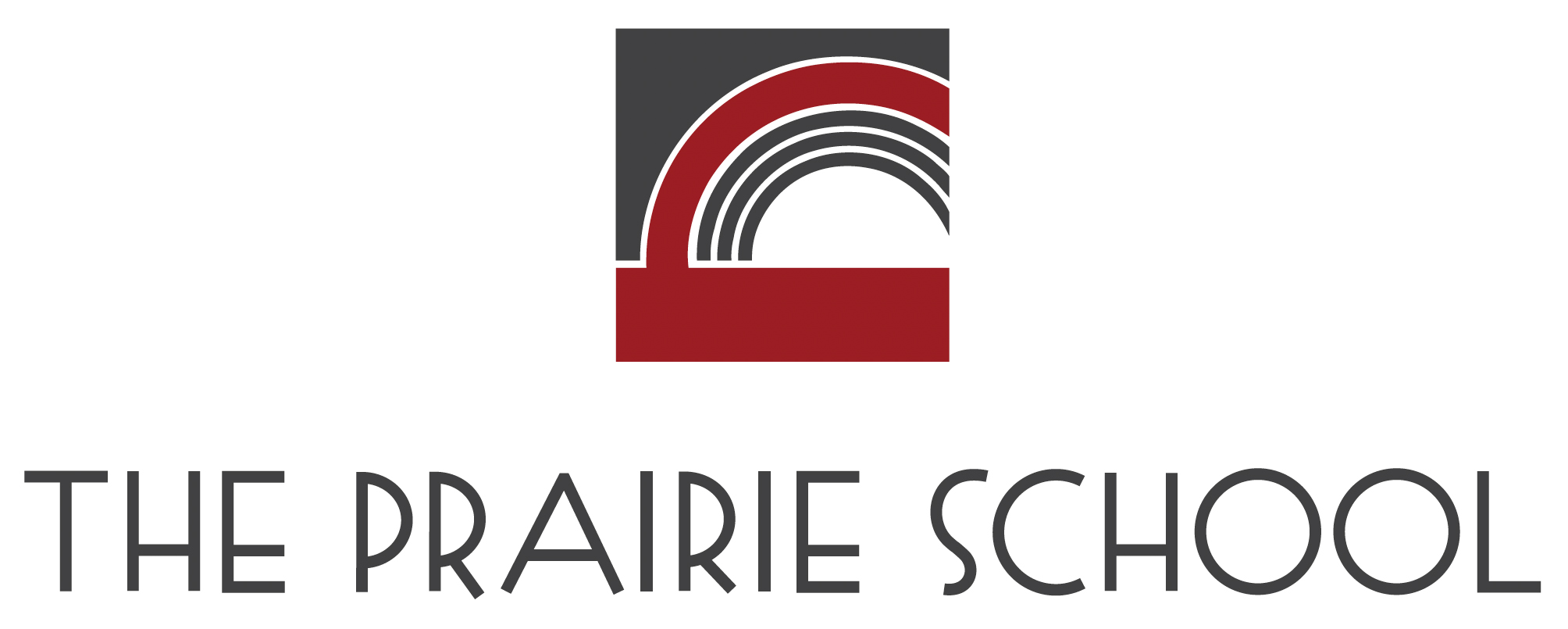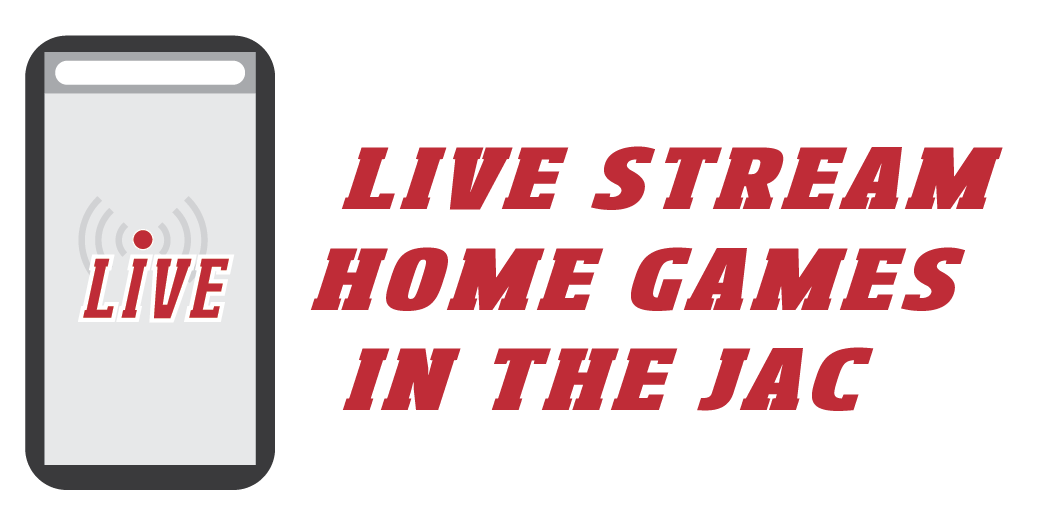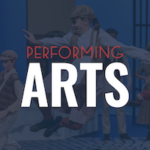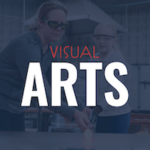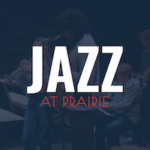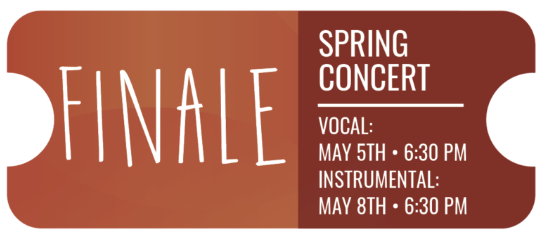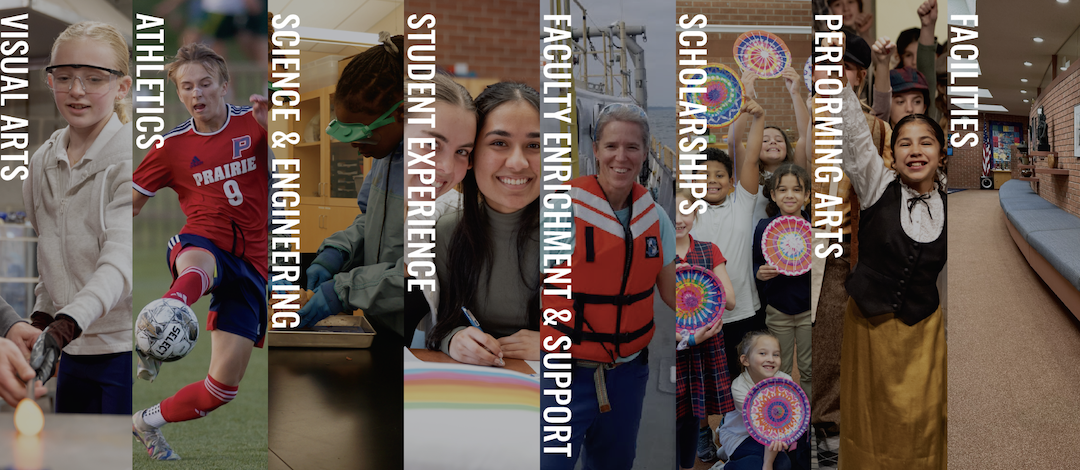Supported by their teachers, three Prairie students traveled to Madison to stand up for an issue they believe in
It was a snowy Friday afternoon on Prairie’s campus when English teacher Jenny Cobb got the phone call.
Members of the Wisconsin State Assembly wanted to invite her students to Madison. But this wasn’t just your standard-issue Statehouse tour; lawmakers wanted members of the Prairie community to join them at a committee hearing, to hear what they had to say on an issue close to their hearts.
“I was so excited for the girls!” Cobb says. “This was something they knew a lot about, and it showed.”
The issue: Holocaust education. It’s a topic Middle School students at Prairie have learned about for years, through lessons coordinated between Social Studies (where they study World War II history) and English (where they read stories from the perspective of Holocaust survivors). Upper School students also address this period of time in their history courses. But not all Wisconsin students are afforded the same opportunity — and Mrs. Cobb, along with Prairie seniors Sarah Gesner and Diya Mehra, and eighth grader Caroline Berkey, wanted to help change that.
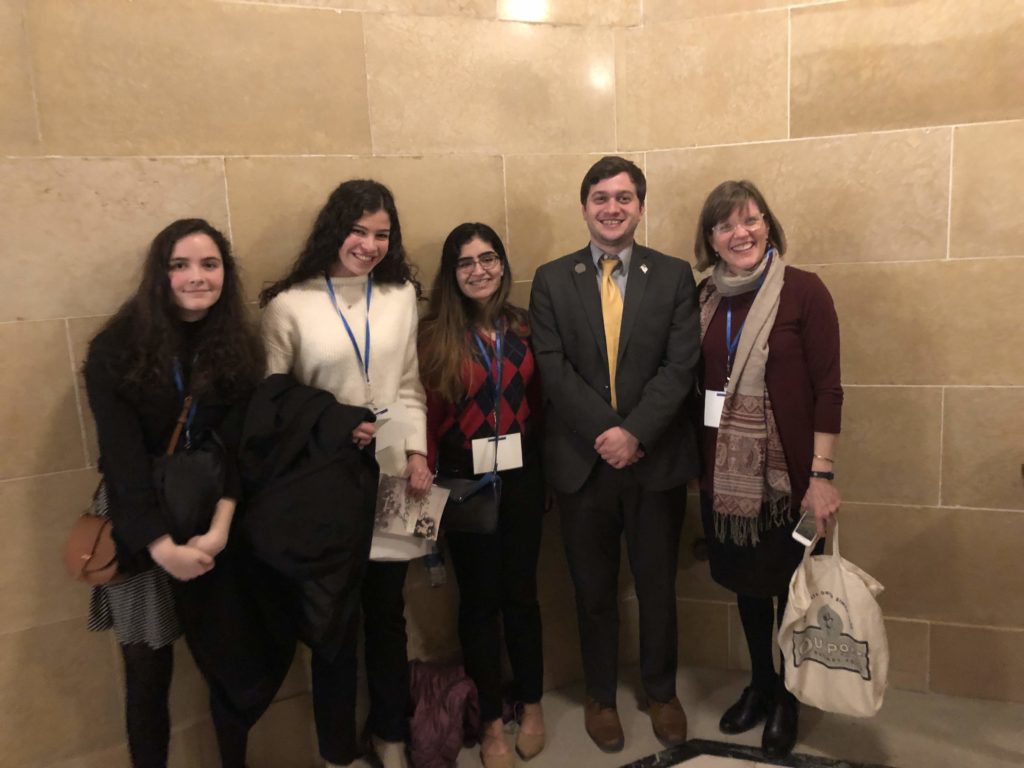 So, one weekday during class, the group drove up to Madison to speak in support of Assembly Bill 816, the Holocaust Education Bill. The bipartisan bill would mandate instruction about the Holocaust and other instances of genocide in all middle and high school social studies curricula around the state of Wisconsin. The measure has received widespread attention not only on the state level, but nationally as well.
So, one weekday during class, the group drove up to Madison to speak in support of Assembly Bill 816, the Holocaust Education Bill. The bipartisan bill would mandate instruction about the Holocaust and other instances of genocide in all middle and high school social studies curricula around the state of Wisconsin. The measure has received widespread attention not only on the state level, but nationally as well.
“If we were to teach, and learn from our past, then we might be able to have a stronger future,” wrote eighth grader Caroline Berkey in a written testimony, which was shared with members of the committee prior to their hearing. “Whether we reach the whole state, or we change one life with one class. That one person could start to read and research about the Holocaust. And that is one more person who remembers.”
Sarah Gesner was selected from a handful of students who submitted written comments to be the featured student speaker at the hearing.
“Witnessing firsthand the United States’ democratic process, especially as it related to an issue so important to me, was such a neat experience,” reflected Gesner, upon the group’s return to campus.
For her part, Jenny Cobb hopes that — if nothing else — students involved in this process and those who hear about their experience start a conversation about what this kind of education brings to light outside of just English and Social Studies classrooms.
“We live in a world where hate has become all too common,” Cobb wrote in her own written testimony. “We are able to relate the horrors of the Holocaust to the difficult issues my students face…Doing anything less would deny our children the education they need to create a hope-filled future and have the knowledge to stand up to all forms of bigotry and hate.”
As of this article’s publication, Assembly Bill 816 has passed through the Assembly and is being presented to the Senate. Should both chambers pass the measure, it will go to Governor Tony Evers for signature and implementation into law.
